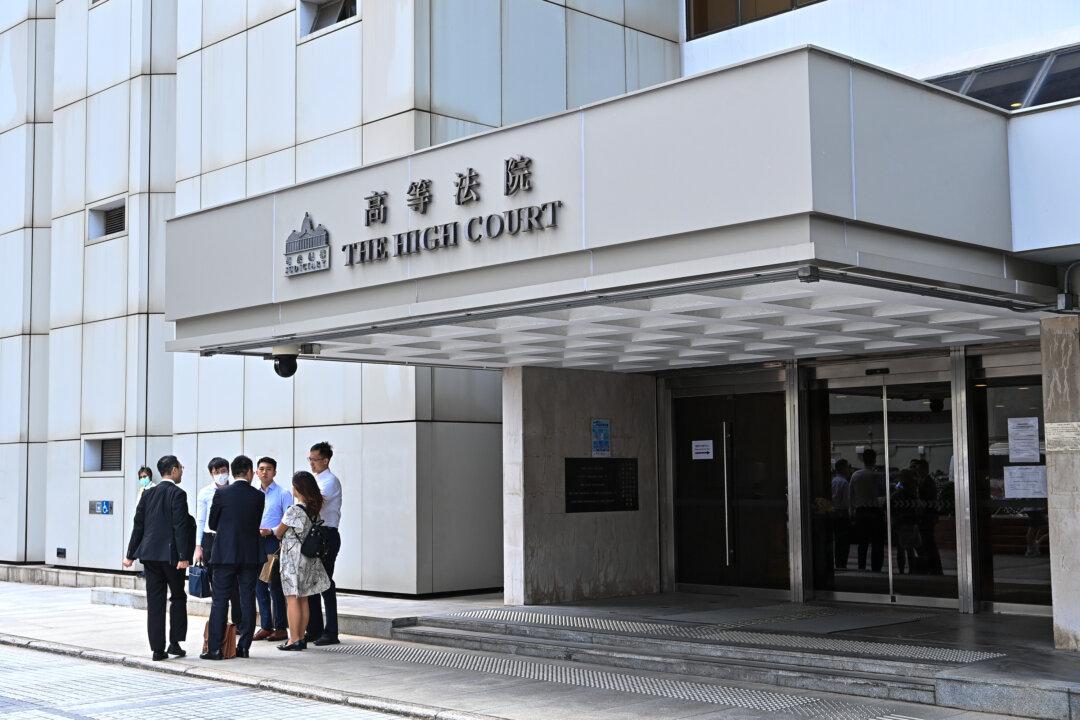A Hong Kong teacher sacked over her criticism of the police on social media during the 2019 anti-extradition movement has won her case for a reversal of the decision.
Toffee Tam, a veteran government school teacher, was disciplined by the Civil Service Bureau (CSB) in July 2023 for her 2019 posts. The bureau said that her Facebook posts had negatively affected students and tarnished the authorities’ reputation.




